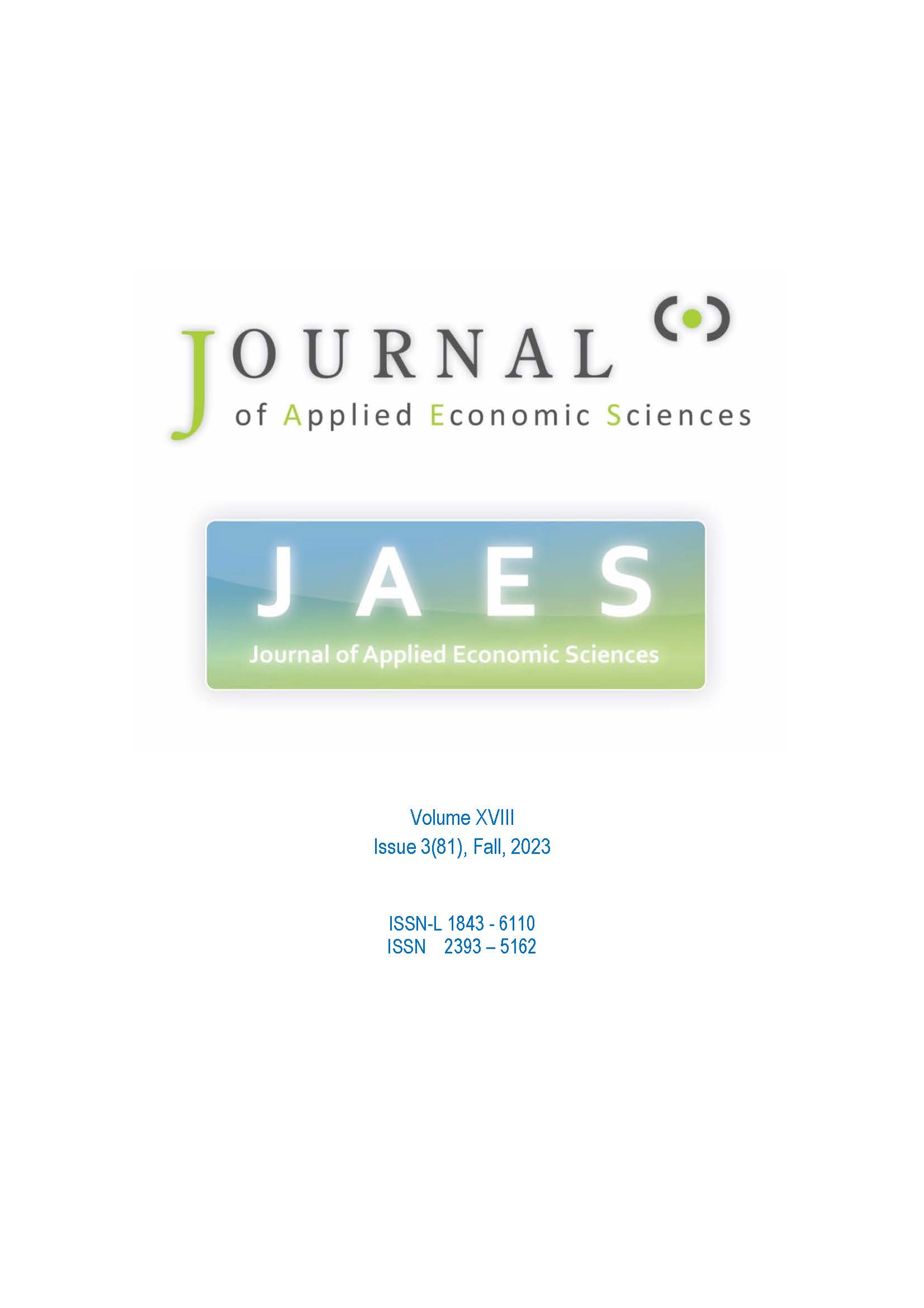The Empirical Measurement and Determinants of Intra-Industry Trade for a Developing Country
The Empirical Measurement and Determinants of Intra-Industry Trade for a Developing Country
Author(s): Sakshi AggarwalSubject(s): Economy, Supranational / Global Economy, Business Economy / Management
Published by: ASERS Publishing
Keywords: trade policy; international trade; logistics performance index; trade facilitation; machine learning;
Summary/Abstract: The analysis computed the trends and determinants of India’s bilateral composite IIT as well as sectoral IIT with select trade partners. In particular, Grubel - Lloyd Corrected (Grubel and Lloyd, 1975; Aquino, 1997) indices have been used for the empirical analysis involving bilateral aggregate and bilateral sectoral IIT respectively. The empirical results provide evidence for a major part of actual IIT to be explained outside the framework of the neoclassical theories of international trade. The major findings are as follows. First, India’s aggregate as well as sectoral IITs in general displayed a positive time trend with the ROW. This signifies that the country’s two-way manufacturing trade in general and its IPN participation with partners in particular has considerably deepened over the period. Second, the regression analysis indicates that several demand-related (e.g., income difference), supply-oriented (e.g., technology difference), friction-led (e.g., distance, trade facilitation, contiguity, language) and sector-specific (e.g., average labour productivity, vertical product differentiation) factors display a strong statistical relationship with IIT as expected. Third, the empirical analysis strongly underlines the importance of trade facilitation measures in enhancing IIT, which needs to be viewed in a wider perspective. As presence of poor connectivity framework raises transport costs and discourage trade in parts and components (i.e., the relatively low value-added items) significantly, the two-way trade (i.e., IIT) in a wide range of manufacturing product segment can be affected. Fourth, as diversification of product baskets (i.e., product differentiation) happens to be a significant driver of IIT, there is a strong case to focus on technological innovation through research and development (R&D), for maintaining intra-sectoral manufacturing trade flows.
Journal: Journal of Applied Economic Sciences (JAES)
- Issue Year: XVIII/2023
- Issue No: 3(81)
- Page Range: 182-220
- Page Count: 39
- Language: English

